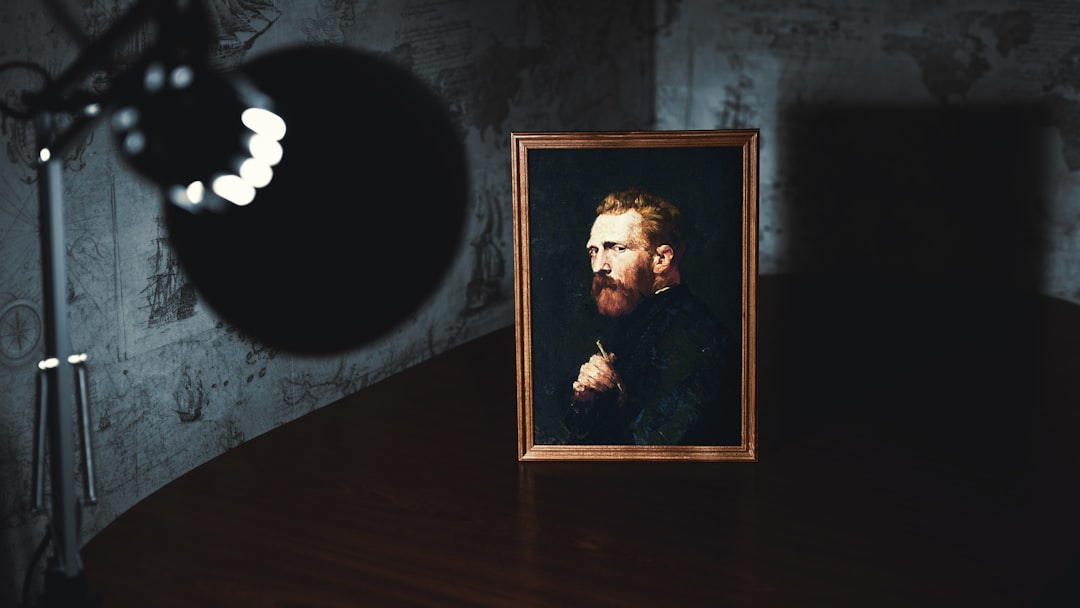Understanding and accurately completing Warwickshire valuations for probate is essential for navigating inheritance tax regulations, ensuring compliance during estate settlement, and facilitating a smooth transition of assets to beneficiaries. This rigorous process involves assessing all assets, including property, investments, and personal belongings, using specialized software and market analysis to determine their fair market value. Proper valuation minimizes legal and financial repercussions, prevents tax shortfalls, and avoids overvaluation, particularly for inherited properties or businesses.
In the complex landscape of estate planning, understanding Warwickshire valuations for probate is paramount. This article guides you through the intricate process, offering a legal perspective on why and when these valuations are crucial for tax purposes. From navigating the steps involved in conducting a property valuation in Warwickshire to avoiding common pitfalls, ensure you’re prepared. By delving into these insights, folks can efficiently manage their assets and respect the legal requirements of probate taxes.
- Understanding Warwickshire Valuations for Probate: A Legal Perspective
- When and Why You Might Need a Valuation for Tax Purposes
- The Process of Conducting a Property Valuation in Warwickshire
- Common Pitfalls to Avoid During the Valuation Process for Probate Taxes
Understanding Warwickshire Valuations for Probate: A Legal Perspective

When it comes to Warwickshire valuations for probate, understanding the legal perspective is crucial. In the event of a death, the value of an estate is determined through a process known as valuation, which plays a critical role in probate proceedings. This involves assessing and appraising all assets, including property, investments, and personal belongings, to establish their fair market value at the time of the individual’s death.
From a legal standpoint, accurate Warwickshire valuations for probate are essential to ensure compliance with inheritance tax regulations. The tax authority uses these valuations to calculate the applicable tax due on the estate. A thorough understanding of this process is vital for executing probate smoothly and ensuring that all legal requirements are met, thereby facilitating a swift transition for the beneficiaries involved.
When and Why You Might Need a Valuation for Tax Purposes

When going through the process of probate, one of the essential steps is determining the value of an estate, especially in Warwickshire, to ensure accurate tax calculations. A valuation for tax purposes becomes necessary when dealing with assets such as property, investments, or valuable possessions, as these must be accurately assessed to comply with tax regulations. This is crucial to avoid under- or overestimating the value, which could lead to legal and financial consequences.
The need for a Warwickshire Valuations for Probate arises primarily at specific junctures. It is commonly required when settling an estate after someone’s death, as it helps calculate inheritance tax (IHT). Accurate valuation ensures that the correct amount of IHT is paid, respecting the wishes of the deceased and minimizing any financial burden on the beneficiaries. Additionally, it may be needed for other tax-related matters, such as capital gains tax or when gifts are made during one’s lifetime, ensuring compliance with tax laws throughout an individual’s financial journey.
The Process of Conducting a Property Valuation in Warwickshire

In Warwickshire, conducting a property valuation for probate purposes involves a meticulous process to ensure accuracy and compliance with legal standards. The first step is to gather all relevant information about the property, including its size, age, construction materials, and any recent renovations or improvements. This data can be obtained from records kept by the local authority, surveys conducted in the past, or by consulting with experienced surveyors who are familiar with the area.
Once the basic details are secured, professional assessors employ specialized software and market analysis techniques to determine the property’s value. They consider comparable properties in close proximity that have recently sold, factoring in variables like location, condition, and unique features. This comparative approach ensures a fair and unbiased valuation aligned with current market trends in Warwickshire for probate purposes.
Common Pitfalls to Avoid During the Valuation Process for Probate Taxes

When it comes to Warwickshire valuations for probate, there are several common pitfalls that individuals often encounter during the valuation process. One of the main issues is underestimating the value of assets, which can lead to significant tax implications later on. This often occurs when inherited properties or businesses have not been accurately assessed, resulting in a lower-than-actual valuation. It’s crucial to gather comprehensive information and consider all factors that could impact the property’s worth, including market trends, recent sales data, and any renovations or improvements made.
Another pitfall is neglecting to include all assets in the valuation. Probate taxes are based on the total value of an estate, so omitting valuable items like jewelry, works of art, or investment portfolios can result in substantial tax shortfalls. It’s essential to have a thorough inventory of all assets and their current market values. Furthermore, understanding the specific tax regulations in Warwickshire is vital to avoid overvaluation, which can lead to unnecessary financial burden on beneficiaries.
When it comes to Warwickshire valuations for probate, understanding the legal perspective and navigating the process efficiently are key. Whether you need a valuation for tax purposes, especially during probate, knowing what to expect and how to avoid common pitfalls can significantly ease this often challenging task. By familiarizing yourself with the local market and following a structured approach, you can ensure an accurate and stress-free evaluation process.
